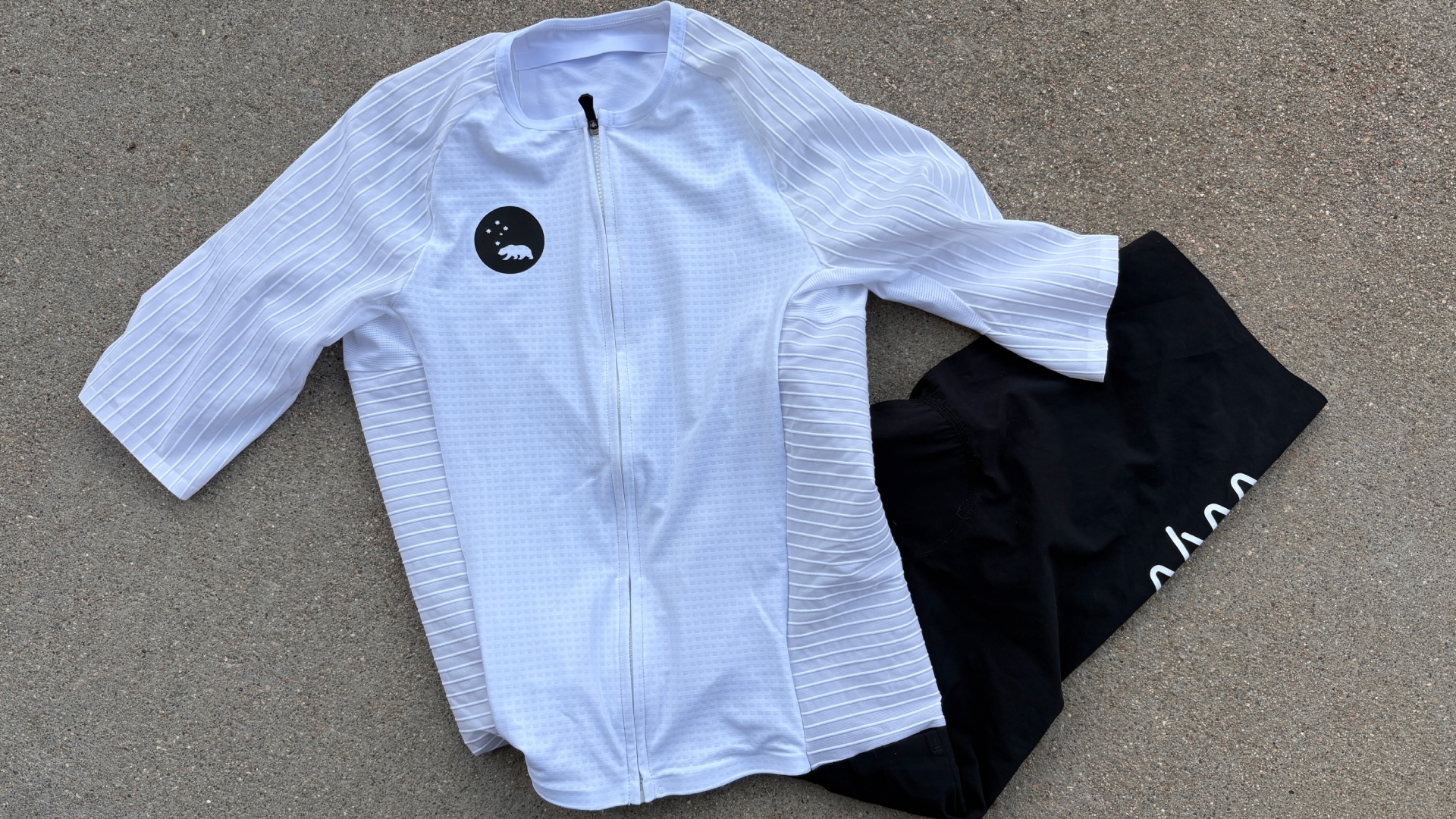Another killer driver escapes prosecution

The British justice system has once again failed the family of a cyclist killed by a motor vehicle. Another driver who ran into a cyclist from behind has escaped prosecution.
Marie Vesco, a 20-year-old French student, died while cycling along the A23 at Burgess Hill near Brighton on June 4, 2008. The car, whose driver said she had seen her, nevertheless cut across in front of her to reach a slip road. The wing mirror caught her, causing her to fall.
Vesco was then struck by a following car and died from multiple injuries.
The details were released last week. The case bears comparison with another fatality that occurred a month later, in July 2008. In this tragedy, Reading CC?s Anthony Maynard was killed by a driver near Henley. (Cycling Weekly, February 26). The driver, who had overtaken two other vehicles at 60mph, claimed not have to have seen Maynard.
Whether the driver sees or does not see, it seems to make little difference. The driver who killed Maynard and the driver who caused the death of Vesco, were not even sent to court. Their cases were dropped!
In the case of Maynard, it was the Crown Prosecution Service who declined to prosecute the driver, for ?lack of evidence?. In the case of Vesco, it was the police who decided not to prosecute, then shamefully failed to inform the family for six months after which time, the rules say no prosecution can be brought.
In the Maynard case, the coroner disappointed the family by recording a verdict of ?accidental death?, compounding their misery.
Get The Leadout Newsletter
The latest race content, interviews, features, reviews and expert buying guides, direct to your inbox!
Similarly, in the Vesco case, the coroner recently recorded a ?narrative verdict.? But the coroner also called on the Highways Agency to attend to ?bad? or ?non-existent? signage to the cycle route Vesco and friends might otherwise have used instead of the A23. As if this had any bearing on the standard of driving, or to cyclists legal rights to use the road and be afforded due care and attention.
The A23 is three lanes wide at the point where the fatal collision occurred. The inside lane formed the slip road to take traffic off the A23 and so traffic continuing on is required to use the second lane, as Vesco and friends were doing.
The driver of the car, which hit Vesco, admitted seeing the riders and was aware they might be carrying straight on. The driver nevertheless decided there was enough space to over take the riders and then pull across their path onto the slip road.
It was a fatal misjudgement for the wing mirror caught Vesco who fell. And a following car drove into her.
West Sussex Coroner Penelope Schofield recorded a narrative verdict and told the inquest: "Marie was in collision with a Ford Galaxy whilst on the A23. This caused her to fall to the ground and she was then struck by a Ford Mondeo and sustained fatal injuries. Either single or jointly Marie and Mrs Sweetman misjudged the others' intending paths."
Vesco family frustrated and upset
Penny Knight of Leigh Day Solicitors was asked by RoadPeace, the road safety group to attend the inquest into Marie Vesco?s death. Knight, who acts on behalf of British Cycling members, and is a cyclist herself, has handled many cyclist's cases.
Knight told Cycling Weekly that the family of Marie Vesco are upset by the process of law which they feel hasn?t served them well at all. ?They were frustrated at the inquest, by the coroner dwelling on the inadequate signage directing riders to the nearby cycle lane, which had no bearing on case.?
Knight said that the incident occurred prior to the new law of causing death by careless driving coming into effect. She understood that the police were considering a charge of careless driving. She felt sure the police ought to have investigated the circumstances further. There were witnesses, other drivers.
What price human rights under this legal system?
Allan Ramsay, RoadPeace cycling representative, says: ?The decision not to prosecute drivers who kill cyclists on the grounds that there is insufficient evidence might be acceptable in British Law, but surely it can?t be acceptable in the European Court of Human Rights. How much evidence of danger do we need? What is danger?
?It?s reported that Geoff Dornan, 71, of Ormskirk was caught on CCTV rollerblading in Chapel Street, Southport. He was charged with two counts of dangerous skating, fined £300, ordered to pay £1,800 costs and had his rollerblades confiscated.
?He was prosecuted under a by-law that states; ?No person shall skate in such manner as to cause danger or annoyance?. Chairman of the bench said: ?We find the manner of your skating put pedestrians at risk and exposed them to harm?. Also, his behaviour ?causes a danger?. And all on the strength of CCTV footage; no dead bodies, no blood and guts splattered across the footpath.
?Isn't the government desperate to get more people riding bicycles? Well for god?s sake then, give us the respect and protection our human rights entitle us to.?

Thank you for reading 20 articles this month* Join now for unlimited access
Enjoy your first month for just £1 / $1 / €1
*Read 5 free articles per month without a subscription

Join now for unlimited access
Try first month for just £1 / $1 / €1
Keith Bingham joined the Cycling Weekly team in the summer of 1971, and retired in 2011. During his time, he covered numerous Tours de France, Milk Races and everything in-between. He was well known for his long-running 'Bikewatch' column, and played a pivotal role in fighting for the future of once at-threat cycling venues such as Hog Hill and Herne Hill Velodrome.
-
 Save £42 on the same tyres that Mathieu Van de Poel won Paris-Roubaix on, this Easter weekend
Save £42 on the same tyres that Mathieu Van de Poel won Paris-Roubaix on, this Easter weekendDeals Its rare that Pirelli P-Zero Race TLR RS can be found on sale, and certainly not with a whopping 25% discount, grab a pair this weekend before they go...
By Matt Ischt-Barnard
-
 "Like a second skin” - the WYN Republic CdA triathlon suit reviewed
"Like a second skin” - the WYN Republic CdA triathlon suit reviewed$700 is a substantial investment in a Tri Suit, and it is, but you’ll definitely feel fast in it
By Kristin Jenny